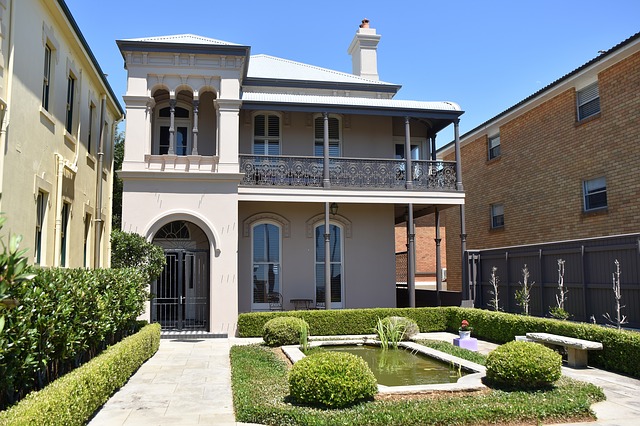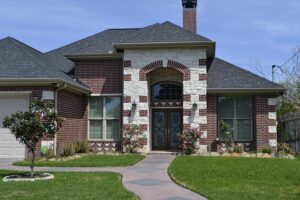Introduction
Garage doors are an essential part of our homes, providing security and convenience. However, it can be frustrating when they become noisy and disruptive. If you find yourself wondering, “Why is my garage door so loud?” there are several potential reasons to consider. In this article, we will explore the common causes of a noisy garage door and discuss possible solutions.
Worn-out Rollers
Rollers: The rollers are small wheels that allow the garage door to move smoothly along the tracks. Over time, these rollers can become worn out or damaged, resulting in increased friction and noise. If you notice a grinding or squeaking sound when operating your garage door, worn-out rollers could be the culprit.
Solution: Replacing the rollers with new ones made of nylon or steel can significantly reduce noise. Nylon rollers are generally quieter and require less maintenance, while steel rollers are more durable and suitable for heavier doors.
Lack of Lubrication
Hinges and Springs: The hinges and springs of a garage door are critical components that require regular lubrication. Without proper lubrication, these parts can become dry and create friction, leading to a noisy operation.
Solution: Applying a silicone-based lubricant to the hinges, springs, and other moving parts can help reduce noise. Avoid using oil or grease, as they can attract dirt and debris, causing further problems.
Loose Hardware
Bolts and Nuts: Over time, the constant movement of a garage door can cause the bolts and nuts holding it together to become loose. This can result in rattling and vibrating noises when the door is in operation.
Solution: Regularly inspect and tighten any loose hardware on your garage door. Using a socket wrench, carefully tighten all the bolts and nuts, ensuring they are secure but not overly tightened.
Worn-out Weatherstripping
Weatherstripping: The weatherstripping along the bottom of the garage door helps seal out drafts, debris, and noise. However, over time, it can become worn out or damaged, leading to increased noise levels.
Solution: Replace the worn-out weatherstripping with a new one specifically designed for garage doors. This will not only reduce noise but also improve insulation and energy efficiency.
Imbalanced Door
Spring Tension: Garage doors are typically equipped with springs that counterbalance their weight, making them easier to open and close. If the spring tension is imbalanced, it can cause the door to operate unevenly and produce loud noises.
Solution: It is essential to have a professional garage door technician adjust the spring tension and balance the door. Attempting to adjust the springs yourself can be dangerous and may lead to further damage or injury.
Conclusion
A noisy garage door can be a nuisance, but understanding the potential causes can help you address the issue effectively. Whether it’s worn-out rollers, lack of lubrication, loose hardware, worn-out weatherstripping, or an imbalanced door, there are solutions available to reduce the noise. Regular maintenance and periodic inspections can help keep your garage door operating smoothly and quietly.
References
– HomeAdvisor: www.homeadvisor.com/article.show.Why-is-My-Garage-Door-So-Noisy.17326.html
– The Spruce: www.thespruce.com/fix-a-noisy-garage-door-1398144
– Precision Door Service: www.precisiondoornj.com/blog/why-is-my-garage-door-so-noisy













